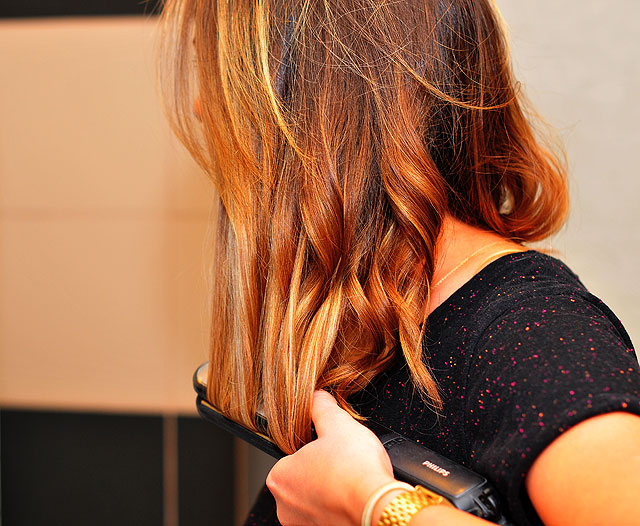- 020 3638 2283 / 07492 368490
- info@london-centre-trichology.co.uk
Skin Conditions and Looking After Your Scalp

Skin conditions can be a real pain, particularly if they affect your head and scalp. You may feel embarrassed and worried about them and many of them will also itch and make you want to scratch the affected areas.
The London Centre of Trichology is a leading hair clinic, centrally located in the capital. We can advise people on all types of hair and scalp problems, not just baldness and hair loss solutions. Here we look at some of the main skin conditions affecting the scalp and how they can be treated.
Dandruff
This is the shedding of dead skin from the scalp. It affects almost half the population, although the problem usually eases after your early 20s. It can be caused by a Vitamin A deficiency. Poor hygiene is not usually a factor, but dandruff may become more noticeable if you don’t wash your hair regularly enough.
Eating plenty of green vegetables and fruit, and other Vitamin A-rich foods like liver, eggs and fish oil will help you avoid the problem. Medical advice suggests using special shampoos with ingredients like coal tar to treat any affected areas.
Eczema
This is one of a large number of skin conditions which come under the umbrella heading of dermatitis. Anyone who has eczema is likely to suffer from inflammation and rashes on the scalp, and an urge to scratch the skin. It can be caused by allergy to a particular food, while some fabrics and soaps can also act as irritants when they come into contact with your skin, triggering an outbreak.
You should avoid scratching affected areas wherever possible, since, as with dandruff, this can only make it worse. Keeping your house or workplace’s temperature down is another good idea, as heat can be a factor. If eczema has been triggered by an allergy or an irritant, try using a substitute product. There are also moisturising treatments or emollients available, like specialist shampoos, lotions, creams and ointments, which can help.
Psoriasis
Psoriasis is caused by a higher than usual production of skin cells; the body replaces them more quickly than usual. It can be hereditary, or kick-started by another illness or disease, but drinking, smoking and poor diet usually doesn’t help. It affects one in 50 adults, with men and women equally likely to catch it. If you are affected, then you will get red, flaky, crusty patches of skin covered with silvery scales on your scalp, and it can appear on other parts of the body too.
Treatment is usually through creams, lotions, and ointments, although in more severe cases phototherapy is used, which exposes your skin to certain types of UV light. The worst cases may involve systemic treatment in the form of a course of injections.
Folliculitis
This is an inflammation of the hair follicle caused by bacteria or anything which your skin has an adverse reaction to. It can also be a problem on your chest, arms and legs. Sufferers see little pus bumps on their skin that resemble acne, and they can be painful.
As it can be caused by irritants, you may need to change your hair dye or conditioner. Shaving can also cause folliculitis, so you might need to avoid using a razor for a few days. Otherwise treatment is via antibiotics to reduce any infection, or anti-inflammatory medicine like steroid creams.
Hair Loss and Alopecia
Although some of the above conditions can cause temporary hair loss, particularly if you scratch the affected areas, they are not usually the principal reasons. The commonest cause of hair loss in men, male pattern baldness, is due to by the disruptive effect of certain hormones on the hair follicles. There are a number of different treatments available.
Female pattern baldness, the most frequent reason for hair loss in women, can also be due to inherited genetic influences, and treatments are most likely to be successful if started early. There are also many other causes of hair loss and alopecia, and an expert trichologist can give you a diagnosis so that treatment can start.
The London Centre of Trichology hair clinic will be able to advise you on all types of skin conditions which affect your scalp, and with some types of condition we may suggest you also talk to your GP. If you are noticing your hair thinning or falling out, we can offer a wide variety of hair loss solutions and treatments. Contact us to arrange a free initial consultation.
